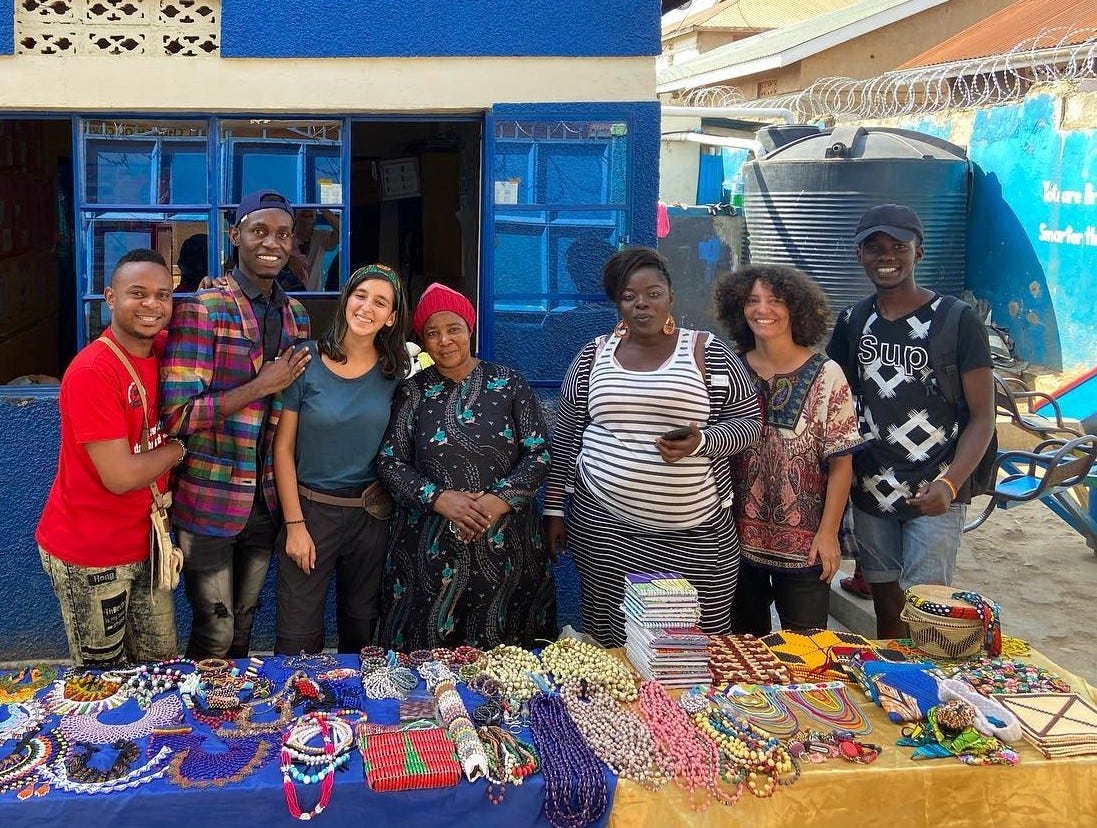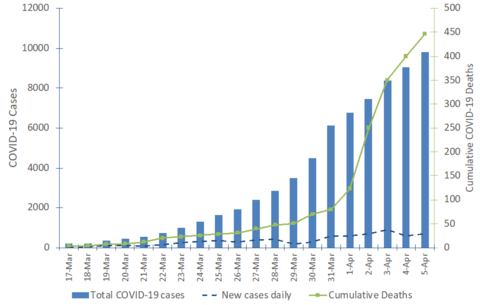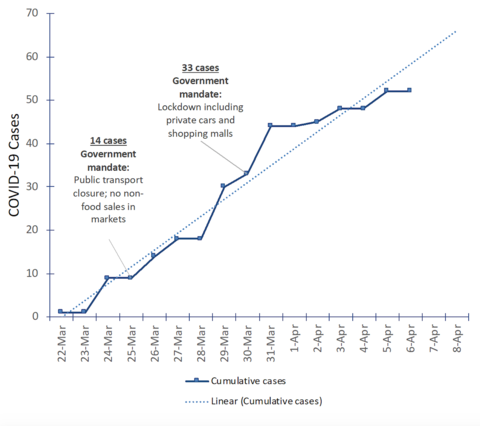
For our new interview, we are switching things up a little; we talked with Julius, a beneficiary from Little light Uganda, about his participation in Little light’s youth group.
Tell us a bit about yourself
My name is Julius Tito Wambuzi. I am african, 20 years old and I live in the Namuwongo slum in Kampala, Uganda. I have two sisters (I had another sister who passed away when I was a child). My parents are from Eastern Uganda, Africa, and came to the city to find better work opportunities. They both work; my mom cooks and sells food to busy Kampalans, and my dad has two jobs, bodaboda rider by day and security guard by night. Despite working three jobs, it is still hard for my family to make ends meet. We do our best to get by. I wish we had more opportunities to uplift our life, but living in Namuwongo slum doesn’t make it easy. In fact, life in Namuwongo slum is the hardest kind of life I have ever lived — and still live.

How is it to live in Namuwongo slum?
Imagine waking up in the morning in a house without clean water, shabby electricity, and very basic hygiene facilities. You still manage to get ready to go about your day. Now you open the door, and what do you see? An area that is completely neglected by the authorities, with no jobs, no access to quality medical care, and a skyrocketing crime rate. And if you do get a job, you’ll likely make less than two dollars per day. It’s no surprise that most of the people I know are being exposed to drugs, prostitution, violence, all kinds of petty crimes, and even child abuse. But in every darkness, there is light. Mine was called Little light Uganda.
Little light is a self-help community center located at the Namuwongo slums in Kampala, Africa. Established in 2007, it is offering free education and free medical services to the local community alongside various programs, such as a women’s empowerment – Umoja group, and a youth group named the Youth Spoon Group.
You joined Little light’s Spoon Youth Group — what has changed in your life since?
Before joining the Spoon Youth group, I was living the kind of life almost all the african youth and teens within the slum lived; I was going to school nearby, spending time with my friends and volunteering from time to time with a local organization. After I joined, I started spending more and more of my free time at the youth center, taking part in some of its activities (meetings, life skills sessions, etc). I also went ahead and offered to help the class teachers organize their classes. I was later given responsibilities as the organization office messenger.
All of this made me feel very good because I was helping others, and I was also learning administrative skills that I knew would be useful for my future. At times, I also earned some money that I used to buy some basic necessities like clothes and medicine. This new element in my life gradually changed my lifestyle altogether, and I found myself naturally working harder and harder to help the other slum african kids change their lifestyle to a better one; going back to school, stopping drugs & learning practical skills so they can be in a position to earn a decent living.
What do you think could have happened if you hadn’t crossed path with Little light Uganda?
I think that if I hadn’t joined the Spoon Youth group, I wouldn’t have got a chance to change my perspective on life and my priorities. I was given a chance to make a significant contribution towards changing the mindset of african young people like me living in the slum. Being part of the group also helped me a lot identify what I wanted to study and what I could do to bring change in the slum. Who knows how long it would have taken me to figure this all out by myself.

Where do you see yourself in ten years?
I hope to be studying Motion Graphics & Design at university, and later on start my own company that will mainly focus on telling stories from the Namuwongo slum through video coverage, photography, and books. I want to help further ideas and innovative solutions to the problems faced by the people living in the slum. I believe my work will help solve the challenges of not only the Namuwongo slum but also of other slums in the world e.g in Jamaica, Kenya, India, etc. And after establishing my slum media company, I will get back to study music, entrepreneurship & social work.
We wish Julius good luck in all his future endeavors, as we are sure a bright future awaits him!


